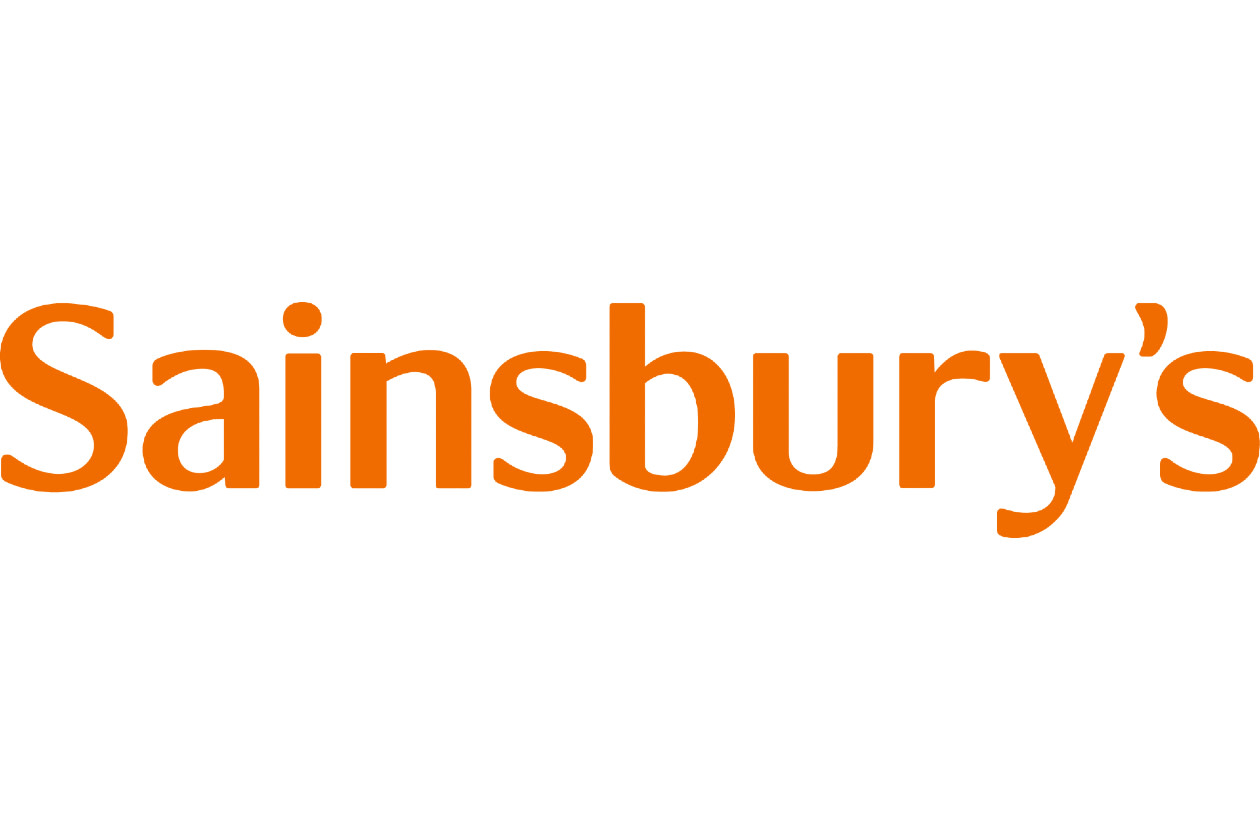Sainsbury’s full-year group sales rose 3.4% to £36.3bn, with retail sales excluding fuel rising 6.8%. The group’s core grocery business saw positive volume growth, which helped offset weaker performances in General Merchandise and Clothing. Overall, like-for-like sales were 9.4% higher in grocery, down 0.5% for general merchandise, and 6.4% weaker in clothing.
Retail underlying operating profit was 4.3% higher at £966mn, while retail free cash flow of £639mn was broadly flat year-on-year. Net debt, including leases, was £790mn lower at £5.6bn.
The group expects retail underlying operating profit of between £1.0bn and £1.1bn in the new financial year, with grocery volume growth ahead of the wider market.
A final dividend of 9.2p per share was announced, taking the full-year payment to 13.1p, in-line with last year.
The shares fell 1.9% following the announcement.
Our view
We think the market had an overly harsh reaction to Sainsbury’s full-year results. The supermarket achieved market share gains, improved profitability and the wider sector looks to be doing well. More importantly, the group’s coming good on its strategy – which we’re supportive of.
Doubling down on food, value and product ranges is the right thing to do. As things stand, Sainsbury's is especially exposed to General Merchandise, with its ownership of Argos on top of in-house offerings. This type of revenue is even more difficult to capture when the economy is sluggish - dinner needs putting on the table no matter what, but new mugs, tablemats and toasters can wait.
In the core food business, Nectar prices and a big push on product improvement have helped Sainsbury's seize market share and we're pleased to see the group build on this momentum. The group’s also planning to expand its food range in more stores, which we view as a good move.
Grocers have been forced to up their game as competition in the industry reaches fever pitch thanks to the upwards march of Aldi and Lidl. And while Sainsbury's value-led strategy has paid off, offering value doesn't come cheap. Profits aren't shooting the lights out. Those in the middle of the market, like Sainsbury's, are most exposed in these tough times. It means the group has no choice but to get its hands dirty and fight for customers.
We're optimistic that the worst of this is unwinding, but mapping this trajectory perfectly is very difficult. The cost saving programme is helping to combat rising costs and progress has been good, and efforts have just been refreshed.
The balance sheet is in better condition, with the group hitting its four-year £950mn net debt reduction target a year ahead of schedule. Along with the £600mn+ of retail free cash flow last year, there's some significant weight behind the healthy prospective dividend yield. Remember, no dividend is guaranteed, and there are changes coming in the new financial year.
We continue to be pleased with the direction of travel at Sainsbury's. Demand is holding up better than we feared. Grocery competition is fierce though, and the uncertain environment isn't currently reflected in the group's valuation in our view.
Sainsbury key facts
All ratios are sourced from Refinitiv, based on previous day’s closing values. Please remember yields are variable and not a reliable indicator of future income. Keep in mind key figures shouldn’t be looked at on their own – it’s important to understand the big picture.
This article is not advice or a recommendation to buy, sell or hold any investment.No view is given on the present or future value or price of any investment, and investors should form their own view on any proposed investment.This article has not been prepared in accordance with legal requirements designed to promote the independence of investment research and is considered a marketing communication.Non - independent research is not subject to FCA rules prohibiting dealing ahead of research, however HL has put controls in place(including dealing restrictions, physical and information barriers) to manage potential conflicts of interest presented by such dealing.Please see our full non - independent research disclosure for more information.


